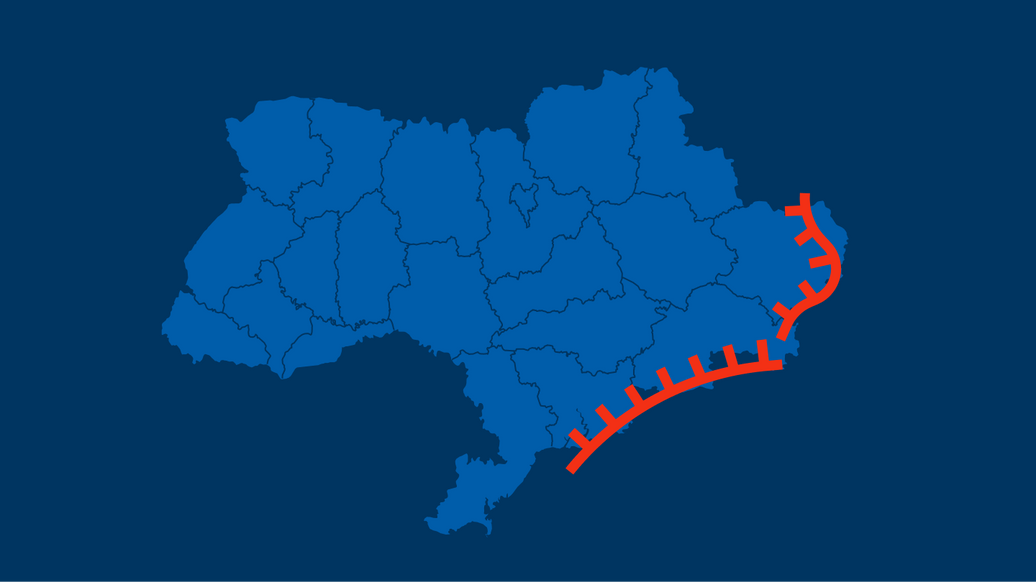My darling mother died with dementia... and I fear the same fate may happen to me says BBCs Sally Magnusson
She watched in despair as Alzheimer’s robbed her beloved mother Mamie of her mental faculties.
She watched in despair as Alzheimer’s robbed her beloved mother Mamie of her mental faculties.
However, despite the distress of a potential diagnosis, news anchor Sally Magnusson has explored a groundbreaking test that would tell her if she too is destined to develop the same cruel disease.
In a hard-hitting new film, the BBC stalwart considers what the future may hold for her and the loved ones that may one day have to care for her.
Her voyage of discovery sees her discuss the issue with her daughter Anna Lisa, who riases her own fears.
Recalling her grandmother’s final years, she said: ‘I think what has stung me so deeply was that she changed from being this woman who we all idolized, to actively disliking me, and I hate that when I think about Grandma I can’t get rid of how much that hurts and for all that she was wonderful and how much I loved her.

Newsreader Sally Magnusson with her mother Mamie who suffered from Alzheimers
I hate that I can’t think of her without hurting again.’
She adds: ‘I’m scared of losing my mum, and I’m scared of losing her before I need to.
‘But I equally understand how in the abstract, it feels great to go and do something for humanity.’
In response, Magnusson, 68, tries to comfort her, saying: ‘I will never do anything that causes you one iota of disquiet just in order to fulfill something that I think is probably the right thing for me...I may do this, probably will do this thing, but not right now, and not till you’re ready.’
The test in question is part of a study being carried out by Scottish Professor Craig Ritchie - a former NHS Doctor and world-leading dementia expert.
Early testing looks for the presence of amyloid protein, a known contributor to the neurological symptoms that characterise the disease’s deterioration.
In the film Magnusson says: ‘For those whose blood test goes on to reveal amyloid, an MRI scan or lumbar puncture may be recommended to confirm or not confirm Alzheimer’s.
So anyone joining the cohort has to face the possibility that their blood will reveal that bad news at a time when currently no anti-amyloid drugs are available on the NHS.’
Magnusson, who was made an MBE for services to people with dementia and their carers last year, is keen to highlight the importance of such studies.
Speaking to the Mail, she said: ‘I want people to think about whether they should be coming forward to take part in the kind of research that will, before too long, produce a treatment for people before the symptoms of Alzheimer’s actually descend, because that’s the important, crucial next stage.’
She added: ‘The trouble is that once symptoms become evident, it’s almost too late already they need to be treated before cognition has been affected before you know capacity, mental capacity has been affected before memory has been affected.
You’ve got to do that early. And the only way that we are ever going to be able to develop treatments early enough is for people like me who don’t have symptoms that they’re aware of, certainly, to come forward and take part in research studies and be diagnosed very, very early.
‘That’s the only way for it. But it’s a difficult dilemma, because it involves healthy people saying, “Actually, I’ve got a perfectly fine life.
I’m feeling perfectly fine, but I’m going to go and submit myself to something that will tell me what’s going on and what my future might be like.” It’s a hard ask of people.’
The test is part of a study by Dr Sarah Gregory, a University of Edinburgh research fellow who works for Edinburgh Dementia Prevention.
In the film, Dr Gregory tells Magnusson: ‘There’s no guarantee of what you will be assigned if you make it onto a trial.
We can’t guarantee if you’re getting active treatment or dummy treatment. We cannot in any way guarantee that we will be able to give you a treatment right now.’

News anchor Sally Magnusson
Magnusson’s mother died in 2012 at the age of 86 after suffering with a mixture of Alzheimer’s and vascular dementia for several years.
She had been in her 70s when she first developed the disease.
A former journalist at the Scottish Daily Express, she gave up her job as chief features writer when she met husband Magnus - who went on to achieve fame as the host of Mastermind.
In touching letters to her mother read throughout the documentary, Ms Magnusson says: ‘Mum, hardly a day goes by without me thinking, “Am I next?”. Perhaps it’s that way for everyone who’s had a parent go through what you did. Thing is, Can I do something about it?’
She also visits a Glasgow care home that has significantly reduced medication for residents in favour of music, to improve their quality of life.
Ms Magnusson recalls how her mother sang and how significant this was during her final years and months.
She said: ‘Towards the end of her life, when I was helping my mom to go to bed, we would often sing together so that she would have a nice feeling to go to sleep too.’
Sally Magnusson: Alzheimer’s, a Cure and Me will be broadcast on BBC Scotland on Sunday 13th October at 9pm.










